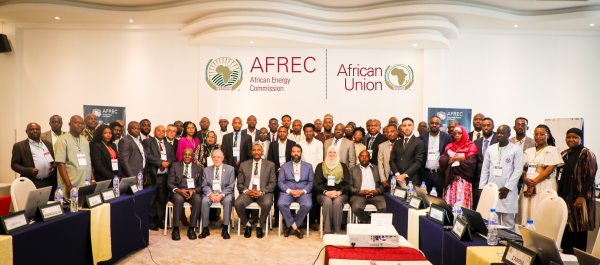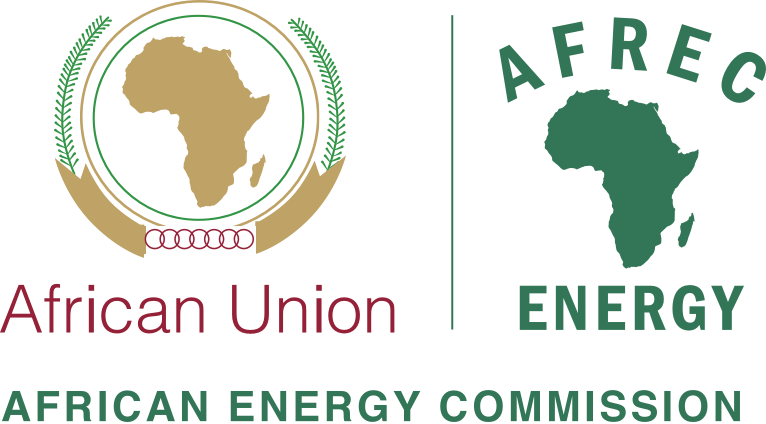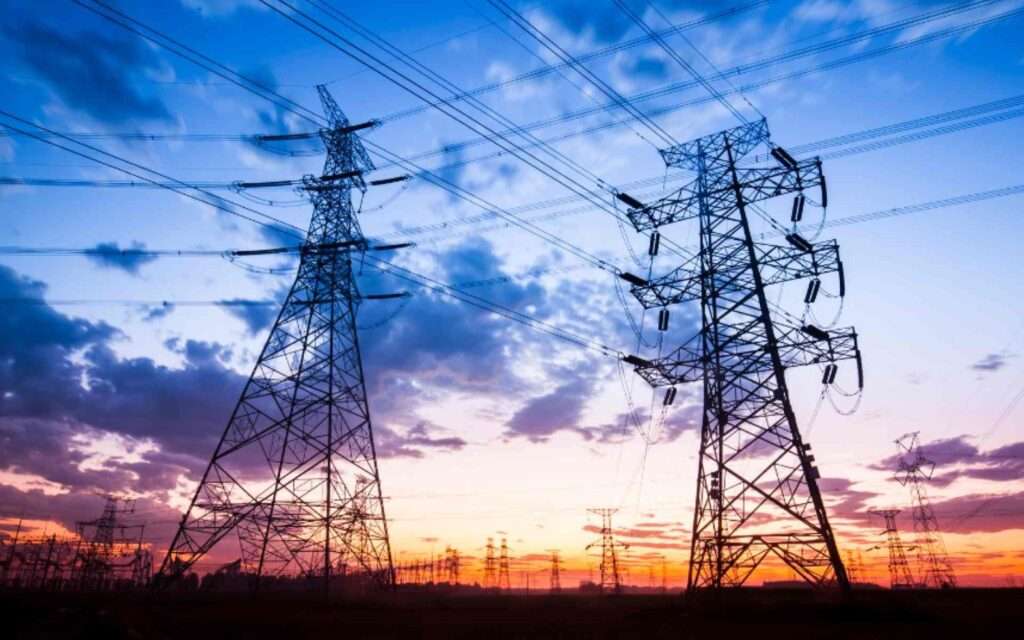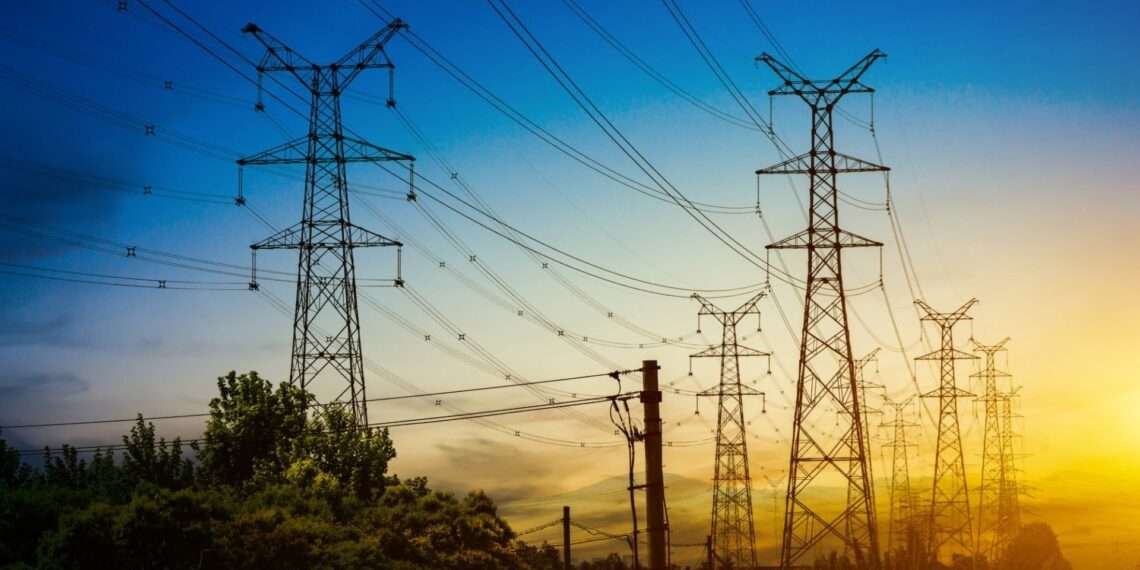The African Energy Commission (AFREC), in partnership with the Swedish International Development Cooperation Agency (SIDA), has inaugurated a landmark initiative aimed at enhancing human and institutional capacity across Africa’s energy sector.
AFREC Executive Director, Mr. Rashid Ali Abdallah, in his opening remarks, underscored the critical importance of structured skills exchange and capacity building in the continent’s pursuit of energy security and sustainability.
“This is not just a document, but a strategy to empower African professionals and institutions through structured and impactful skills exchange.
“It will help position AFREC as the leading continental capacity building hub, responding to Member States’ evolving energy needs.”
Mr. Rashid Ali Abdallah, AFREC Executive Director
The event, held from May 27 to 29 in Addis Ababa, Ethiopia, marked the commencement of a three-day Validation Workshop for the Framework for Cross-Border Strategic Cooperation in Skills Sharing, accompanied by an intensive regional training on key energy data tools for African Union (AU) Member States.

At the heart of the initiative lies the newly validated Framework for Cross-Border Strategic Cooperation in Skills Sharing, which is a key component of AFREC’s broader Comprehensive Capacity Building Programme for the African Energy Sector.
This framework is designed to strengthen collaboration and capacity development across the continent by fostering the exchange of technical knowledge and expertise in the energy field. It is structured around four strategic pillars that work together to promote sustainable, long-term cooperation.
The first pillar is an Online Information Platform aimed at facilitating the sharing of technical knowledge, training materials, and best practices among African nations.
The second focuses on establishing Formal Cooperation Agreements to institutionalize partnerships between Member States and energy institutions.
The third pillar introduces a Sustainable Funding Mechanism to ensure the long-term viability of the program.
Finally, the fourth pillar is a Monitoring, Evaluation, Research, and Learning (MERL) Framework, which will track progress, guide strategic decisions, and continuously improve the initiative’s effectiveness over time.
Reinforcing Partnership with SIDA

Adding to the momentum, Henrik Rydberg from SIDA reiterated Sweden’s dedication to Africa’s development and energy transition.
“This long-term cooperation between AFREC and SIDA is an opportunity to strengthen partnerships and synergies between the AU and Sweden. It reinforces shared development goals under AU’s Agenda 2063.”
Henrik Rydberg from SIDA
Rydberg affirmed, “Our cooperation with AFREC reflects Sweden’s commitment to facilitating inclusive and sustainable development by supporting technical knowledge, institutional growth, and regional collaboration.”
His comments underscored that this initiative is a tangible example of how international partnerships can drive technology transfer, capacity building, and ultimately sustainable growth in the energy sector.
Concurrent with the skills sharing framework validation, AFREC conducted a three-day on-job regional training on the Energy Balance Questionnaire. This training is part of a broader effort to improve energy data collection and analysis under the African Energy Information System (AEIS).

The training provided participants with updates on four essential energy data tools: “Energy Balance Questionnaire, Energy Efficiency Questionnaire, Energy Prices and Taxes Questionnaire, and Questionnaire on Power Plants Capacity.”
In addition to this, AFREC announced plans to host further sessions focused exclusively on the Energy Efficiency Questionnaire.
The data gathered through these exercises is expected to form the basis for AFREC’s key publications, including the Africa Energy Balance, Key Africa Energy Statistics, and the Africa Energy Database.
As part of its ongoing efforts to modernize and harmonize energy information management, AFREC unveiled plans for its upcoming 2025–2030 Strategy for the Improvement and Harmonisation of Energy Statistics in Africa.
This strategy, which will build on the success of the current initiatives, is designed to create a unified framework for energy data across the continent, providing a robust baseline for policy formulation and strategic planning.
The initiative aligns closely with the African Union’s Agenda 2063, which envisions a prosperous continent powered by inclusive growth, technological advancement, and environmental sustainability.
For a continent where more than 600 million people still lack access to electricity, investments in skills development and data systems are seen as fundamental to achieving universal energy access.
READ ALSO: Equities Tread Water as Policy Rate Remains at 28%, Financial Analyst Warns


















